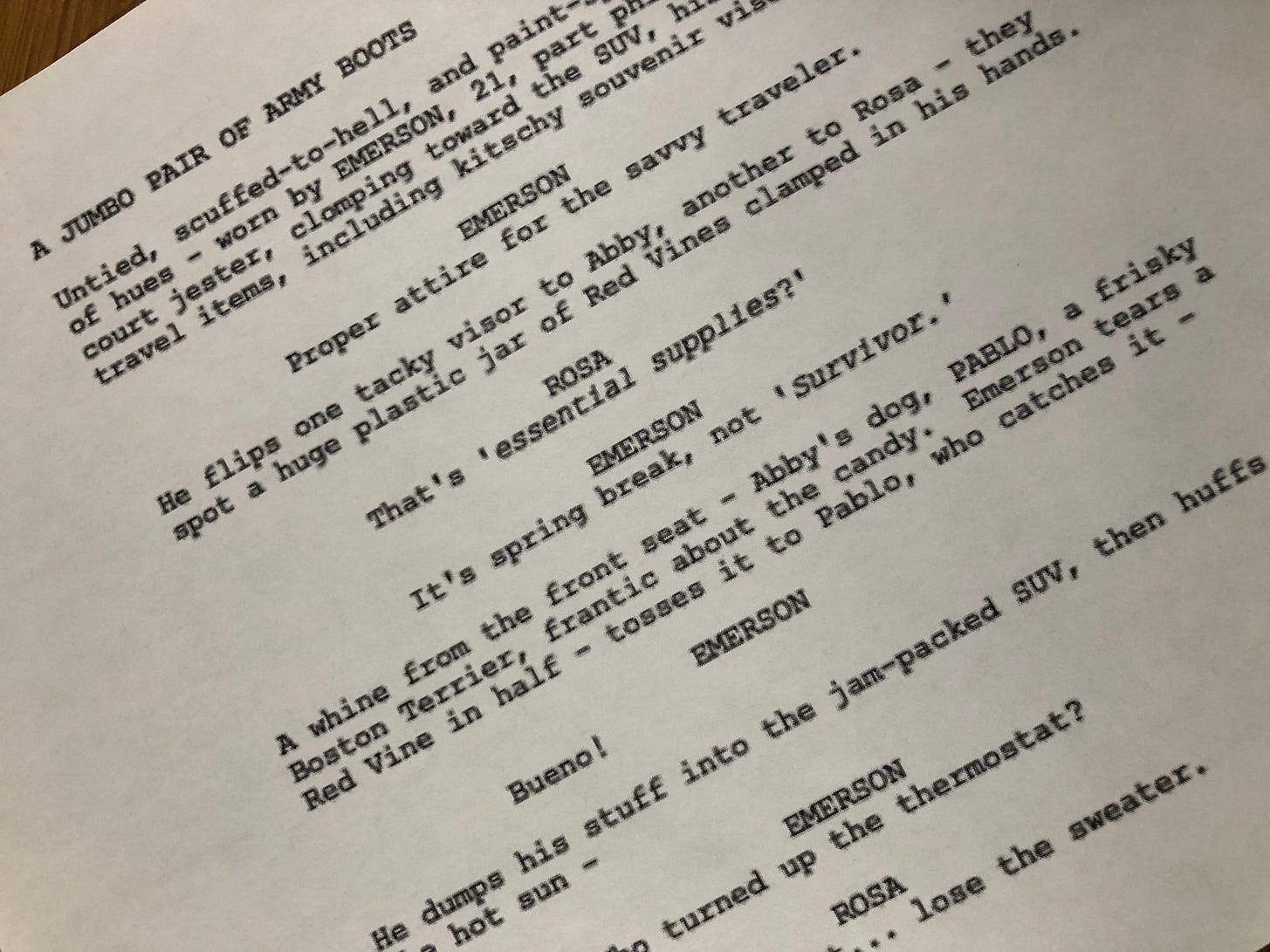“Unlock the Secret to Captivating Communication with This One-Sentence Wonder!”
I like to write a one-sentence summary before I start writing. But then I refine it after I’ve written the first quarter of the first draft. Then I refine it again when the book is half done, and again when it’s three-quarters done. And (hopefully) one last time when the first draft is complete.
There’s no harm in revising your one-sentence summary several times. It’s a bit like a fine wine—it gets better with age.
Homework
- Do you have a one-sentence summary for your novel? If not, would you like one?
- What is the time and place where your novel is set?
- What is the most important goal of any of the characters in your story? (It doesn’t need to be your protagonist who has the goal.)
- How can you define that character in a paradoxical way?
- What is the “kicker” you can put at the end of the sentence that makes the story special?
- Give yourself one hour and write the best one-sentence summary you can within that time limit. It can be awful, if that’s the best you’ve got, but it needs to be 25 words or less. Less is more.
Some Example One-Sentence Summaries
What makes each of the following one-sentence summaries work? Can you do better?












